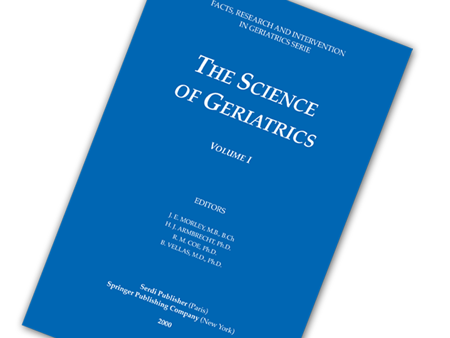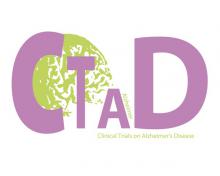It is known that maintenance of muscle mass cannot prevent loss of muscle strength in older adults. Recent evidence suggests that fat mass can weaken the relationship between muscle mass and functional performance. No information exists if fat mass can independently affect muscle strength and jump test performance in middle-aged and older adults. Objective: To assess the independent relationships between fat mass, leg muscle mass, lower extremity muscle strength, and jump test performance in adults, 55-75 years of age. Design: Cross-sectional. Setting: University laboratory. Participants: Fifty-nine older adults (men, n = 27, age = 64.8 + 6.5 years; women, n = 32, age = 62.5 + 5.1 years) participated in this study. Measurements: Dual energy X-ray absorptiometry was used to measure fat mass and leg muscle mass. An average of 3 maximal countermovement jumps was used to calculate jump power and jump height. Two leg press and hip abduction strength were assessed by 1-repetition maximum testing. Results: Stepwise sequential regression analysis of fat mass and leg muscle mass versus jump test performance and measures of muscle strength after adjusting for age, height, and physical activity revealed that fat mass was negatively associated with jump height (p = 0.047, rpartial = -0.410) in men. In women, fat mass was negatively associated with jump height (p = 0.003, rpartial = -0.538), leg press (p = 0.002, rpartial = -0.544), and hip abduction strength (p < 0.001, rpartial = -0.661). Leg muscle mass was positively associated with jump power in women (p = 0.047, rpartial = 0.372) only. Conclusions: Fat mass has an independent negative relationship with jump test performance in middle-aged and older men and women. This has clinical implications for rehabilitating neuromuscular performance in middle-aged and older adults.
(1) B.A. Moore ; D.A. Bemben ; D.H. Lein ; M.G. Bemben ; H. Singh (2020): Fat Mass is Negatively Associated with Muscle Strength and Jump Test Performance. The Journal of Frailty and Aging (JFA) in press



